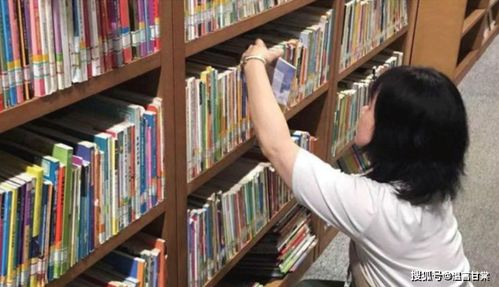在图书馆旁边的英语
Title: Enhancing English Proficiency in Libraries
English proficiency is essential for effective communication, academic success, and professional growth in today's globalized world. Libraries serve as vital hubs for learning and knowledge dissemination, making them ideal spaces for fostering English language skills. This article explores strategies to enhance English proficiency in libraries, catering to diverse learners and promoting lifelong learning.

Libraries can organize immersive language programs that simulate reallife language environments. These programs may include conversation clubs, language exchange sessions, and storytelling hours conducted entirely in English. By creating opportunities for interaction and engagement, learners can develop their listening, speaking, and comprehension skills in a supportive environment.
Curating a diverse collection of English language materials is crucial for catering to learners of all proficiency levels and interests. Libraries should offer a wide range of books, magazines, newspapers, and digital resources in English, including graded readers for beginners and authentic texts for advanced learners. Additionally, multimedia resources such as audiobooks and ebooks can accommodate different learning preferences.
Integrating language learning technologies into library services can enhance accessibility and convenience for patrons. Libraries can provide access to online language learning platforms, mobile apps, and language proficiency assessments. Interactive software and multimedia resources offer selfpaced learning opportunities, allowing patrons to practice grammar, vocabulary, and pronunciation at their own pace.
Collaborating with educational institutions, community organizations, and language exchange networks enables libraries to facilitate language exchange partnerships. Through tandem learning and conversation practice, language learners can interact with native speakers and gain cultural insights. These partnerships promote mutual understanding and linguistic competence in a collaborative setting.
Hosting cultural events and workshops that celebrate Englishspeaking cultures can enrich language learning experiences. Libraries can organize author talks, film screenings, and multicultural festivals that highlight diverse perspectives and linguistic nuances. Cultural immersion activities foster a deeper appreciation for the English language and its cultural context.
Libraries play a vital role in supporting the professional development of educators and language practitioners. Offering workshops, seminars, and online resources on English language teaching methodologies and curriculum design empowers educators to enhance their instructional practices. Collaboration with language teaching associations and professional development organizations strengthens the library's role as a hub for lifelong learning.
By implementing these strategies, libraries can serve as dynamic hubs for English language learning and cultural exchange. From immersive language programs to diverse reading materials and technological resources, libraries play a pivotal role in fostering English proficiency among learners of all ages and backgrounds. Embracing linguistic diversity enriches communities and promotes a more inclusive society.











